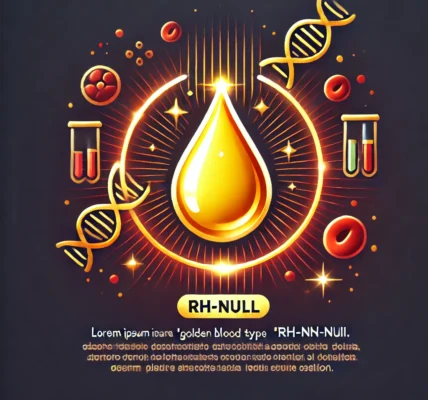Introduction
In recent years, there has been a noticeable increase in cancer cases among younger adults. Unlike the common assumption that cancer primarily affects older generations, a significant surge in young patients being diagnosed is alarming. One of the core reasons for this spike is the excessive consumption of sugary beverages and the Westernized lifestyle that young people are increasingly adopting.
📈 The Growing Trend: Young Adults Facing Cancer
The statistics reveal a stark reality. Over the past two decades, cancer rates in individuals aged 30 to 40 have nearly doubled, with cancers such as colon and breast cancer seeing the most significant increases. This shift isn’t just confined to any particular country but is observed globally, with certain lifestyle factors contributing heavily.

🍭 The Sweet Culprit: Sugary Beverages
Sugary drinks, such as sodas, fruit juices, bubble teas, and sweetened coffees, have become a staple in many young people’s daily diets. Research suggests that regular consumption of sugary drinks can double the risk of developing certain cancers, such as colorectal cancer. This correlation is attributed to the high levels of sugar that lead to insulin resistance, ultimately promoting cancerous cell growth.
🧠 How Sugary Drinks Increase Cancer Risk
Sugary beverages contain high amounts of glucose and fructose, which can elevate insulin levels when consumed frequently. Elevated insulin levels over time lead to insulin resistance, which has been linked to increased cancer risks. Additionally, sugar stimulates inflammation in the body, a known factor in cancer progression.
For example:
- Colorectal Cancer: A study involving over 100,000 participants found that individuals consuming one or more sugary drinks daily had a 2x higher chance of developing early-onset colorectal cancer.
- Breast Cancer: Similar studies have linked sugar intake to an increased risk of breast cancer, especially in younger women.
💡 The Western Diet and Its Impact
The shift towards a Westernized diet – characterized by high-calorie, low-nutrient food choices – has intensified the problem. Processed foods, sugary drinks, and a lack of dietary fiber contribute to an environment in the body that is conducive to cancer development.
🚫 What Can Be Done: Preventive Measures
To combat this rising trend, awareness and lifestyle changes are critical. Here are practical steps:
- Reduce Sugary Beverage Intake: Cutting down on sodas, sweetened teas, and energy drinks can significantly lower the risk of developing cancer.
- Increase Fiber-Rich Foods: Incorporating more vegetables, fruits, and whole grains helps maintain a healthy gut, which reduces the risk of colorectal cancer.
- Stay Physically Active: Regular exercise helps regulate insulin levels and reduces inflammation.
🔬 The Importance of Early Detection
One of the most concerning aspects of cancer in young adults is the delay in diagnosis. Many young patients dismiss symptoms as minor health issues, such as attributing blood in stools to hemorrhoids rather than suspecting colorectal cancer. This often leads to a delay of 4-6 months before seeking medical attention, making early detection challenging.
Signs to Watch Out For:
- Unexplained weight loss
- Changes in bowel habits
- Blood in stools
- Persistent fatigue
👩⚕️ Case Studies and Real-Life Stories
Several case studies have demonstrated that young individuals who regularly consumed sugary drinks from an early age were more likely to develop cancer in their 30s or 40s. For instance, a study tracking 100,000 nurses revealed that those who consumed at least one sugary beverage daily had a significantly higher incidence of cancer than those who abstained.
💬 The Role of Healthcare Professionals
Healthcare professionals emphasize the need for dietary education, especially for younger generations. The earlier individuals are made aware of the risks associated with sugary beverages, the sooner they can take action to protect their health.
🏷️ Lifestyle Adjustments: A Way Forward
Making healthier choices is crucial:
- Opt for water, herbal teas, or unsweetened drinks.
- Introduce more leafy greens, fruits, and fiber-rich foods into daily meals.
- Engage in regular physical activity to maintain a healthy weight.
Conclusion
The rise of cancer among young adults is a pressing issue, with sugary beverages playing a substantial role in this trend. However, by making informed dietary choices, increasing awareness, and prioritizing early detection, it’s possible to mitigate this risk. Remember, what you drink today can shape your health tomorrow.











